As a parent you’re always on the lookout for dangers to your toddler’s well-being: sharp corners on furniture, uneven walks or the occasional stomach bug. But a situation could be brewing in their mouth you might not be aware of until it’s become a full-blown problem.
The silent danger is tooth decay, which could be developing as early as infancy. Undiagnosed and untreated, it could ultimately cause premature loss of primary (“baby”) teeth with adverse effects on the eruption of incoming permanent teeth.
Tooth decay arises from certain strains of mouth bacteria, often passed down from parent to child. These bacteria produce acid as a byproduct after feeding on carbohydrates (especially sugars). The more food available, the more acid they produce. This wreaks havoc on tooth enamel, the teeth’s outer protective covering by softening and dissolving its mineral content. This gives decay an opening to infect the interior of a tooth.
Combine inadequate hygiene practices (especially brushing) with poor dietary habits, and you have the conditions for a perfect disease storm in your child’s mouth. That’s why you should begin oral hygiene as soon as you notice their first teeth. Wiping them with a clean, wet cloth is sufficient in the beginning, but you should start daily brushing (with fluoridated toothpaste to strengthen young enamel) by their first birthday.
You should also practice good dietary habits. For example, avoid giving an infant or toddler a bottle filled with juice, milk or formula to sleep with through the night — the constant sipping bathes the mouth in sugars bacteria feed on. Instead, use plain water. You should also focus on nutrition from the get-go to help build overall good health as well as strong teeth and gums.
As an added measure, begin regular dental visits by their first birthday. A checkup and cleaning every six months will help us detect early tooth decay and lessen its impact. We can also provide sealants and topical fluoride to give added protection against decay.
Catching and treating decay early before it gets too far is the best way to prevent early tooth loss. Your child’s future dental health might depend on it.
If you would like more information on your child’s dental care, please contact us or schedule an appointment for a consultation. You can also learn more about this topic by reading the Dear Doctor magazine article “Taking the Stress out of Dentistry for Kids.”
Gentle Dentistry, PA
173 TERRACE STREET
HAWORTH, NJ 07641
John Amoratis
felt very comfortable from entering the office until the time I left. Friendly staff, the Dr. was extremely informative and receptive to questions and concerns that i had. He explained that there are alternatives to the way certain procedures have been performed in the past. Looking forward to healthy mouth and great smiles.
Michael Britt
Truly amazing people through and through. Inmaculately kept office, state-of-the-art equiptment & friendly smiles at every turn
Bharat Jhaveri
I'm extremely please with the treatment I got so far



